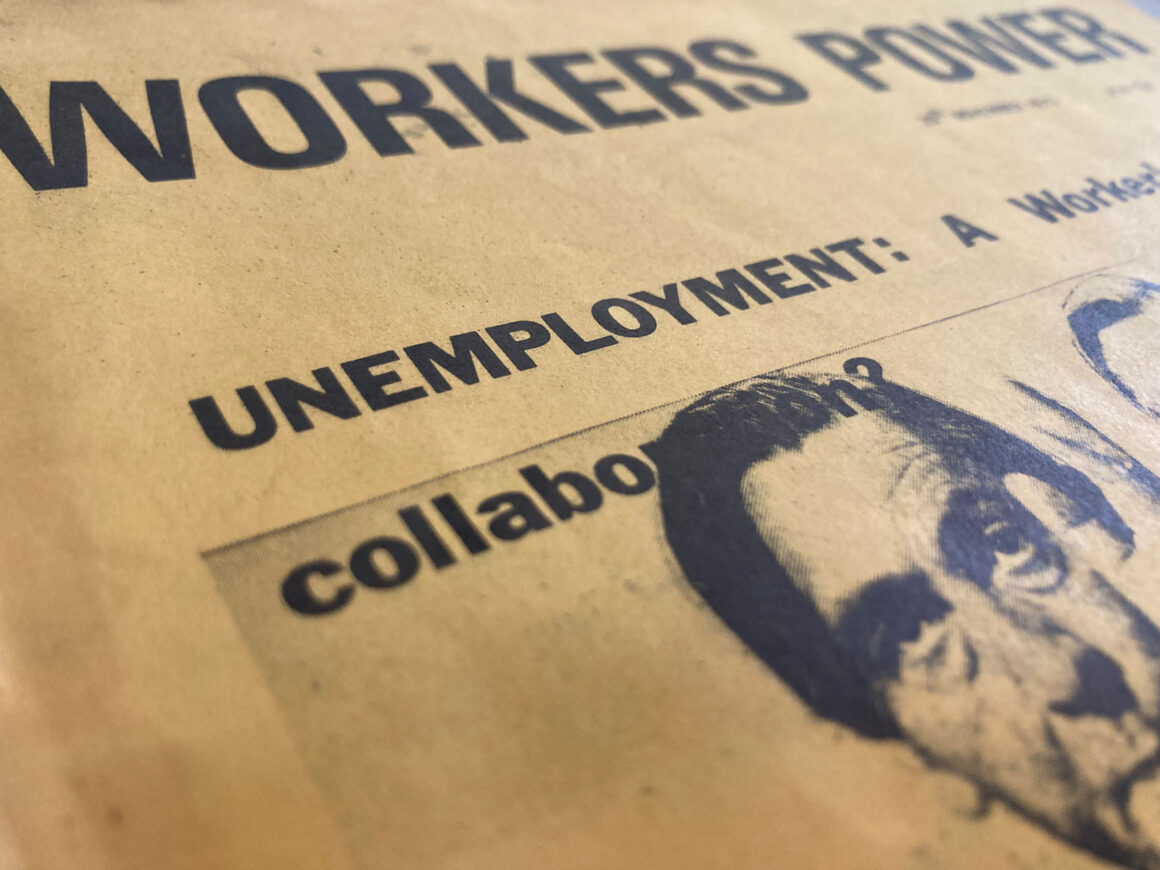

By Neill Bell
THE OUTBREAK of the latest inter-Republican feud signals the most serious and profound state of demoralisation, confusion and fragmentation within the anti-unionist population since the outbreak of mass civil conflict six years ago. Whatever the stated reason for the feud (and let there be no doubt about it—the Provisionals’ ‘reasons’ in no way justify the murder of political opponents, despite the lack of sympathy for the Officials in view of their own murderous and lying campaign against the IRSP), the present conflict only serves to underline the total political bankruptcy of Republicanism, whether in its purely nationalist form or in the Stalinised version of the Officials.
At a time when the anti-Unionist population need more than ever to see the possibility o building, uniting and strengthening the resistance in the face of mounting British Army terror, the continued existence of internment, and the potential Loyalist military and political takeover (despite temporary divisions), Republicanism (whether of the Provisional, Official, or IRSP variety) has shown once again it is incapable of regaining the mass support and involvement of sections of workers. Republicanism cannot provide the elements for a strategy or consistently give the lead in the fight for its principal demands. The Republicans’ divorce from the concerns and needs of the Catholic working class as a whole, has forced many of them to adopt more and more conspiratorial tactics (the bombing campaign in England of the Provisionals; the attack on the Loyalist paramilitary by the IRSP’s military wing) or slick manoeuvres (the incident centres—ceasefire—slow release of internees). Both ‘tactics’ can be seen as the outcome of conflicting pressures upon the Provisional leadership, on the one hand from their activists to step up the campaign, and on the other from a tired, war-weary population who see no strategic or tactical point in the bombing campaign. The present feud can be seen as the heightening of these conflicting pressures upon the Provisional leadership.
But the impotence and failure of Republicanism should produce no surprise (or regret) among revolutionary Marxists. What is cause for regret is the tragedy that thousands of the most active and involved workers in the anti-Unionist population find themselves virtually leaderless in the face of the combined effects of a major political, economic and social crisis whose ultimate effects, if nothing is done, may be the establishment of a proto-fascist Ulster state. The full responsibility for this rests fairly and squarely with those so-called revolutionary socialists of the SWM, PD, RMF and IRSP who either through the crudest economism, or the most blatant capitulation to nationalism, have failed utterly to outline or fight consistently for a revolutionary Marxist strategy which would be capable of breaking sections of anti-Unionist workers away from the conspiratorial idiocies of Republicanism.
The present situation in the 32 counties—mass unemployment, raging inflation—attacks upon wages, conditions and social welfare—growing State repression in all spheres of life—retreating and increasingly demoralised sections of workers everywhere highlights the crucial need for all revolutionary Marxists, who now realise the impotence of Republicanism and the sterility of Economism, to begin the fight to half the retreat happening on all fronts. What must be done as quickly as possible is the drawing up of a balance sheet of the strengths and weaknesses of the class as a whole in the light of the defeats and setbacks of the last decade. This must be the first step in the production of a revolutionary international programme for which co-operation, debate, discussion with British revolutionaries and Marxists of other nationalities is paramount.
At the same time, practical steps must be taken to propagandise and agitate for the building of United Front committees on the question of repression in the North initially, and rank and file committees on the issues of unemployment and inflation on a 32-county basis. Only if these are built can the Irish working class as a whole defend itself against the onslaughts of British imperialism, Irish capitalism, and Ulster loyalism.